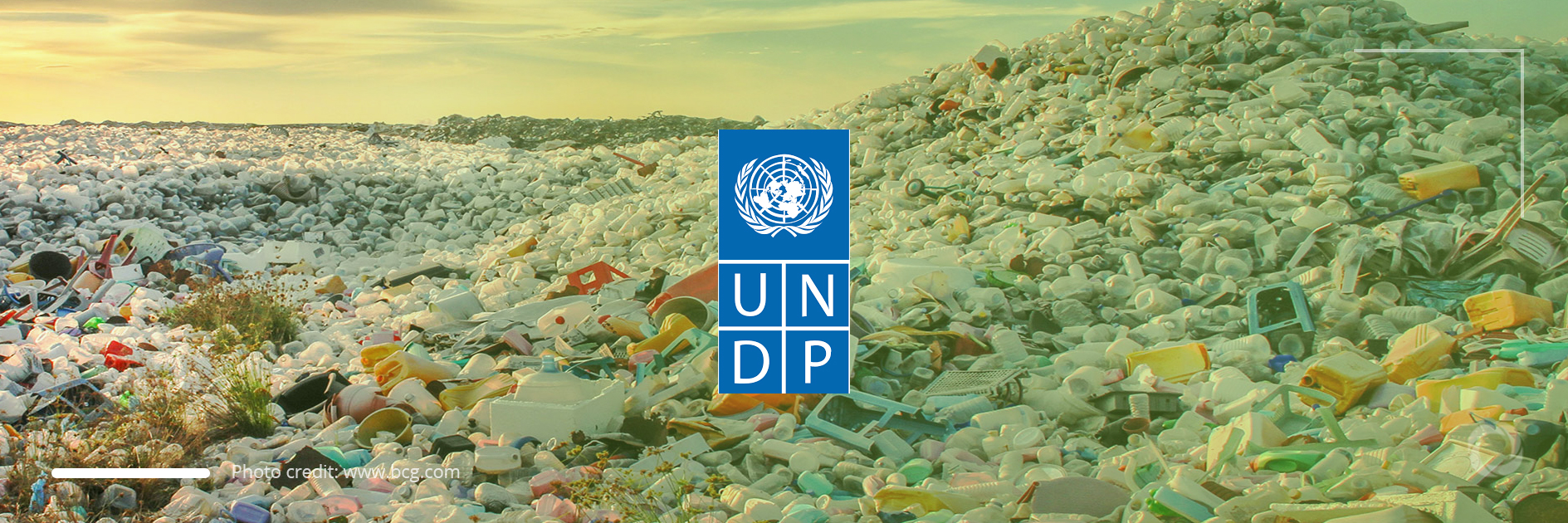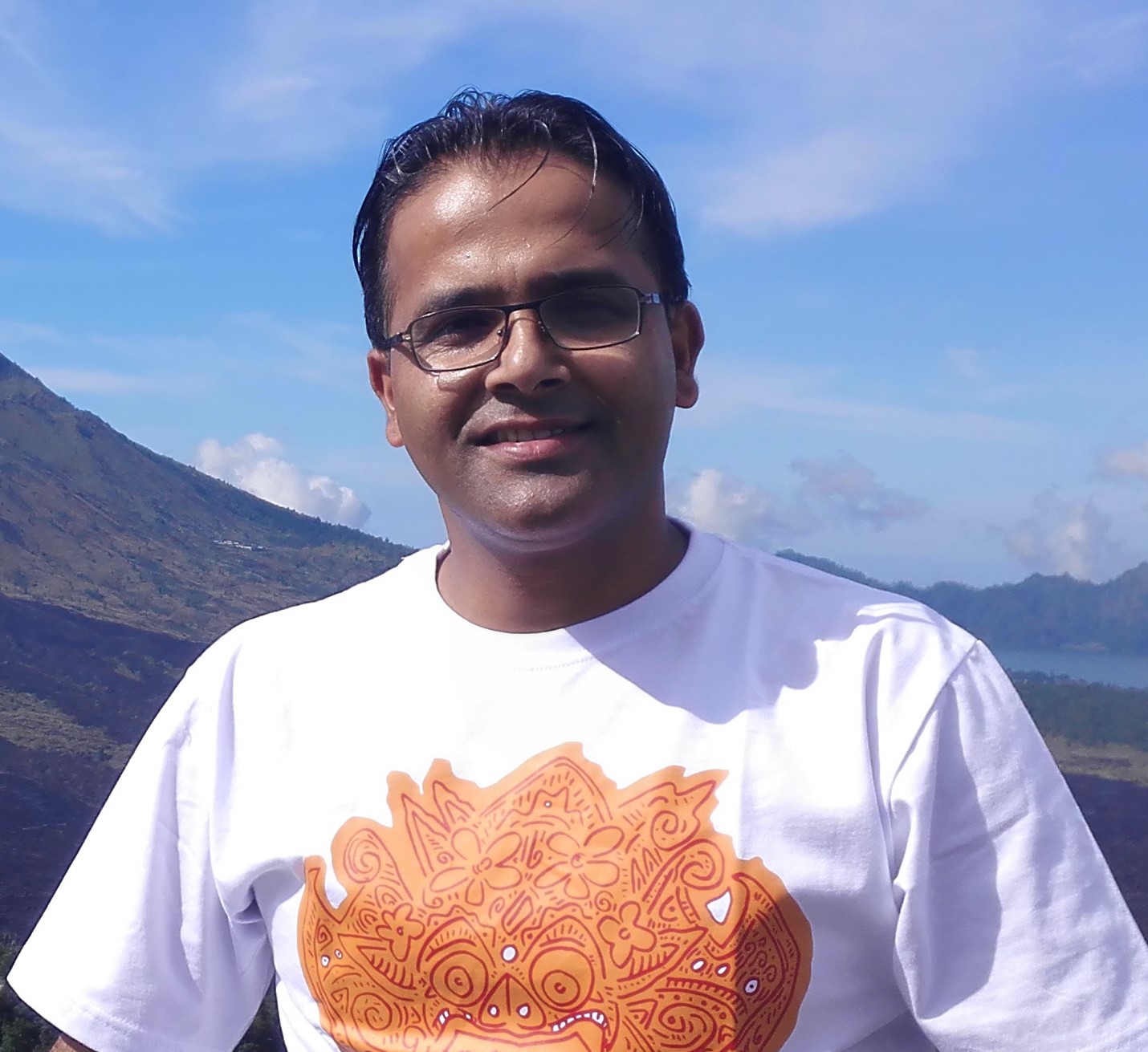Nepal will carry out a US$1.85 million project to improve its municipal waste management system. The project, launched on July 26 in five municipalities, is co-funded by the United Nations Development Programme (UNDP) and the targeted municipalities.
The project comes amid increasingly frequent reports concerning poor waste management in certain municipalities which has triggered environmental and sanitation issues. A recent survey on waste management in the municipalities of Nepal carried out by the Central Bureau of Statistics (CBS) pointed out that many urban areas were experiencing difficulties in the provision of basic services including solid waste management. The survey revealed that among the 271 municipalities surveyed, only 149 had prepared plans to implement waste management activities. The annual average total waste collected per municipality amounted to 2232.7 metric tonnes in 2018-2019.
As part of the Promoting Green Recovery Project (PGRP), the Municipal Waste Management Project (MWMP) aims to create 1,500 green jobs for the most vulnerable groups, particularly women from the selected municipalities. PGRP is initially being implemented in Nepal in the Waling Municipality of Gandaki Province, the Birendranagar Municipality of Karnali Province, the Bheemdatt Municipality of Sudurpaschim Province, and the Tilottama Municipality of Lumbini Province.
Stating that the UNDP looked forward to working closely with the municipalities and creating sustainable models that can be applied elsewhere in Nepal, Bernardo Cocco, Deputy Resident Representative for UNDP Nepal, noted that “proper waste management is a fundamental lever to achieve the Sustainable Development Goals at the municipal level”. There are tremendous opportunities to build local capacities and to scale what works, he added.
Dilip Pratap Khand, the Mayor of Waling Municipality, remarked that the project will demonstrate how waste management can both support green recovery and at the same time provide economic opportunities for those people in need.
Surendra Bista, the Mayor of the Bheemdatt Municipality, said that the sustainable waste management project was the need of the hour and its unique partnership model would help to attract and engage the local communities in its implementation with strong local ownership. Likewise, Dev Kumar Subedi, the Mayor of the Birendranagar Municipality, reflected that this partnership would further strengthen the municipalities’ capacity to manage waste.
Under this initiative, the UNDP will join forces with Janakpurdham Sub-Metropolitan City in Province 2 of Nepal to promote a proper waste management system. Furthermore, the five municipalities will be supported to develop and implement a post-COVID-19 green recovery plan in collaboration with local organizations, community groups, and the private sector to foster a sustainable and locally-owned waste management system.
This project is operated under the UNDP’s Rapid Financing Facility which aims to catalyze solutions to the pandemic through the offer – Beyond Recovery: Towards 2030.


